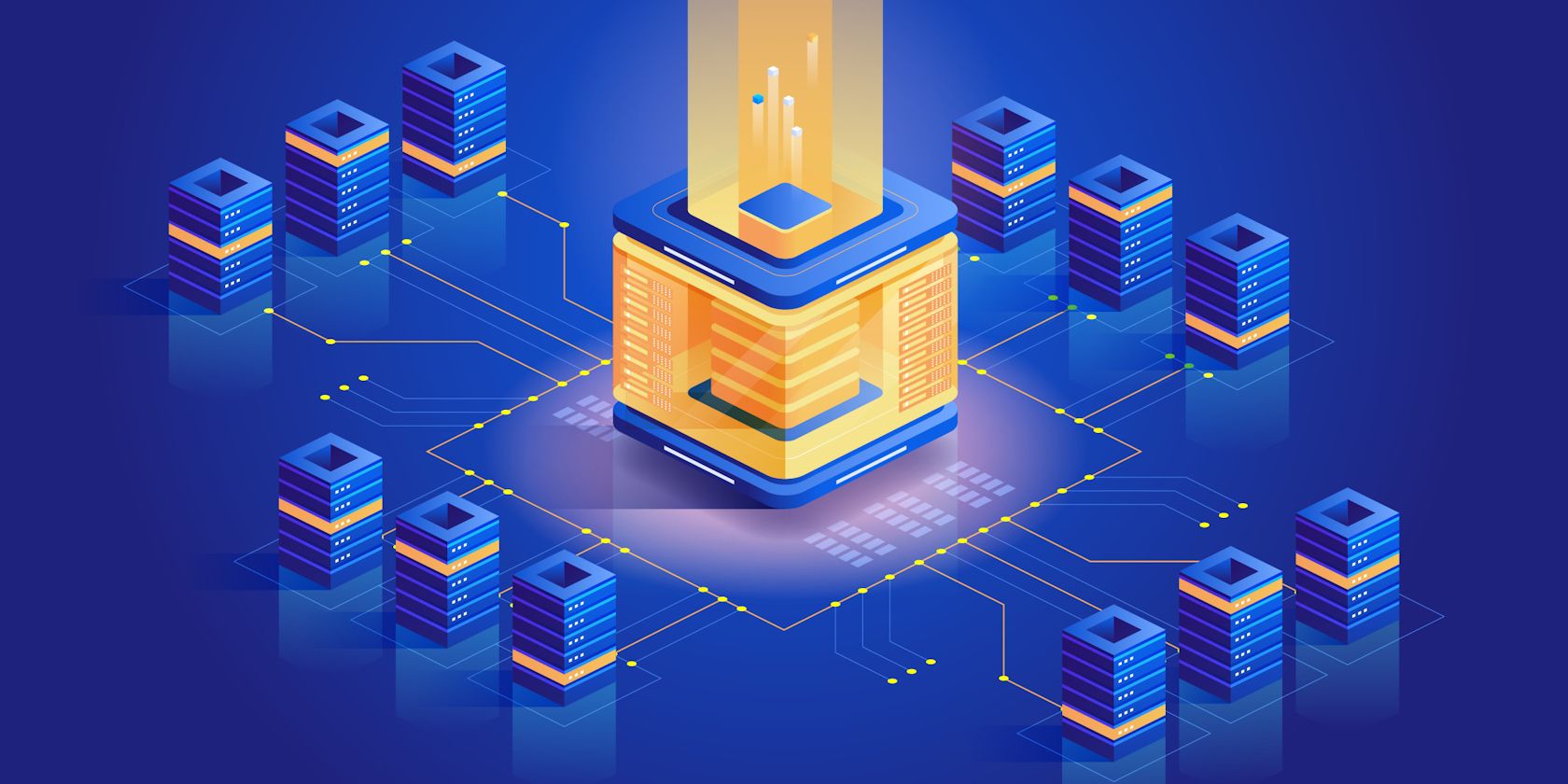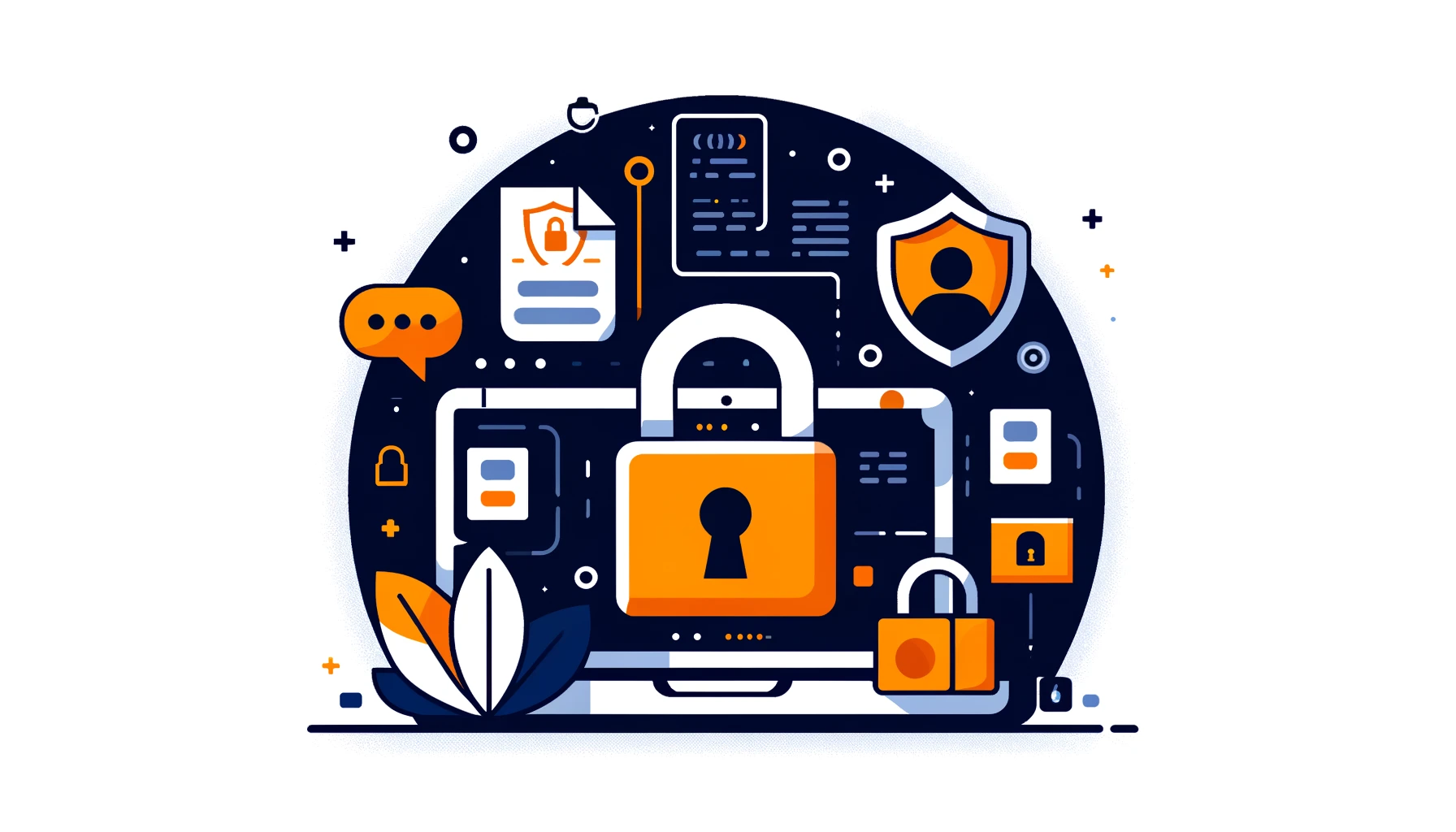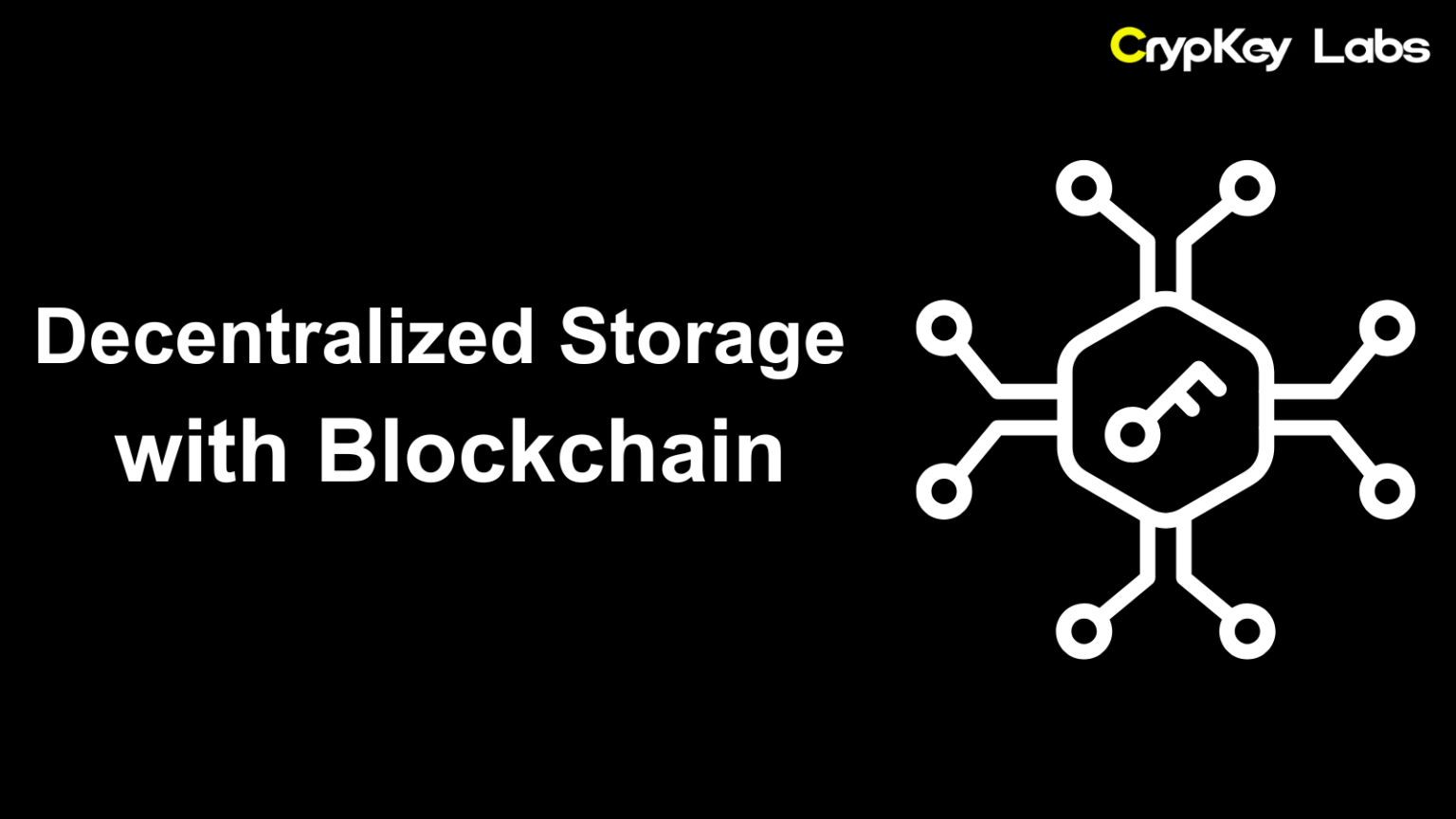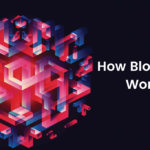In our increasingly digital world, cloud storage has become an essential tool for both individuals and businesses. From storing important documents to backing up cherished photos, the convenience of cloud storage cannot be overstated. However, with great convenience often comes significant risk. Data breaches and privacy concerns loom large in the minds of users. This is where decentralized cloud storage, powered by blockchain technology, steps in to offer a revolutionary alternative. In this blog, we will explore what decentralized cloud storage is, how it works, its benefits and challenges, popular platforms, and the future of data storage.
What is Decentralized Cloud Storage?
Decentralized cloud storage is a new approach to data storage that eliminates the reliance on a single central server. Instead of storing data on a single provider’s infrastructure (like Google Drive or Dropbox), decentralized systems distribute data across a network of computers.
Imagine a traditional cloud service as a library, where all your books are kept on one shelf. If that shelf collapses or the library closes, you lose access to your books. In contrast, decentralized cloud storage resembles a community of libraries, where copies of your books are stored in multiple locations. This way, even if one library goes down, you can still access your books from another.
The key benefit of this approach is that it reduces the risk of data loss and minimizes dependence on any single entity. Furthermore, it allows users to maintain control over their data, making it a compelling alternative in today’s data-driven landscape.
How Does Blockchain Enable Decentralized Storage?
Blockchain is the technology that underpins decentralized cloud storage. At its core, a blockchain is a distributed ledger that records transactions across many computers in a way that ensures the security and transparency of the data.
Here’s how blockchain enhances decentralized storage:
- Distributed Network: In a decentralized cloud storage system, data is not stored on a single server but distributed across a network of nodes (individual computers). Each node holds a portion of the data, making it nearly impossible for hackers to target a single point of failure.
- Data Integrity: Blockchain uses cryptographic techniques to secure data. When data is added to the blockchain, it is verified by multiple nodes in the network, ensuring its authenticity. This means that once data is stored, it cannot be altered without consensus from the network, providing an additional layer of security.
- Smart Contracts: These are self-executing contracts with the terms of the agreement directly written into code. In decentralized storage, smart contracts can automate processes like data sharing and payment, reducing the need for intermediaries and making transactions faster and more secure.
- Encryption: Data is typically encrypted before being stored, ensuring that only authorized users can access it. This approach not only secures your data but also enhances privacy, as your files are stored in a way that they cannot be easily deciphered by unauthorized parties.
In summary, blockchain enables decentralized cloud storage by providing a secure, transparent, and reliable method for data management, making it a powerful solution for those concerned about data security.
Benefits of Decentralized Cloud Storage
As we dive deeper into the advantages of decentralized cloud storage, it’s important to highlight how this innovative approach can transform data management for individuals and organizations alike.
Enhanced Security
Security is one of the biggest concerns for users when it comes to cloud storage. Traditional centralized systems are attractive targets for hackers because breaching a single server can expose vast amounts of data. Decentralized cloud storage, however, mitigates this risk. With data spread across multiple nodes, the likelihood of a successful attack decreases significantly. Additionally, blockchain’s immutable nature ensures that data remains unchanged and tamper-proof.
Data Privacy
In a decentralized system, users retain control over their data. Unlike traditional cloud providers, which may access and monetize user data, decentralized platforms prioritize user privacy. By removing intermediaries, users can manage their data permissions and decide who can access their information. This level of control is crucial in an era where data privacy is a growing concern.
Cost Efficiency
Decentralized cloud storage can potentially reduce costs by eliminating intermediaries. In traditional models, users often pay a premium for cloud services, which include costs for maintaining data centers and handling data traffic. By leveraging a decentralized network, users can share resources, lowering costs for everyone involved. Moreover, as adoption grows, competitive pricing among decentralized providers may lead to even more savings.
Increased Reliability
Decentralized cloud storage networks are generally more resilient than their centralized counterparts. Since data is distributed across multiple nodes, the system can continue to function even if some nodes go offline. This reliability is particularly important for businesses that cannot afford downtime, ensuring that users can access their data whenever they need it.
Challenges in Decentralized Cloud Storage
While decentralized cloud storage presents exciting opportunities, it’s essential to address the challenges that come with this technology.
Scalability Issues
One of the primary hurdles for decentralized cloud storage is scalability. As the number of users and the volume of data grows, managing a decentralized network can become complex. Ensuring that the network can handle large-scale data storage without sacrificing performance is a challenge that many decentralized platforms face.
Adoption Barriers
Despite its advantages, decentralized cloud storage is still a relatively new concept for many users and businesses. The unfamiliarity of the technology, combined with the inertia of established solutions, can slow adoption. Users may be hesitant to switch from familiar centralized providers to newer decentralized options, even if they offer better security and privacy.
Regulatory Concerns
As with any emerging technology, regulatory issues are a significant consideration. Data privacy laws vary by region, and decentralized systems often cross borders, complicating compliance. Navigating the legal landscape is critical for the success of decentralized cloud storage platforms, and ensuring adherence to regulations will be essential for gaining user trust.
Popular Decentralized Cloud Storage Platforms
As the interest in decentralized cloud storage continues to grow, several platforms have emerged, each offering unique features and capabilities. Here are some of the most notable:
Filecoin
Filecoin is one of the pioneers in decentralized storage, utilizing a blockchain-based marketplace where users can rent out unused hard drive space. By incentivizing users to share their storage resources, Filecoin creates a robust and scalable storage network. Users can buy and sell storage space using Filecoin tokens, making it a flexible solution for those seeking cost-effective storage options.
Storj
Storj takes a unique approach by breaking files into pieces and distributing them across a global network of nodes. Each piece is encrypted and stored in a way that ensures no single entity has access to the entire file. This distributed model enhances security while providing users with fast access to their data. Storj also emphasizes ease of use, offering a user-friendly interface and integration with existing applications.
Sia
Sia operates on a similar principle, allowing users to rent out their excess storage to others on the network. Sia uses blockchain technology to facilitate secure transactions between users, ensuring that data remains private and protected. With its focus on affordability, Sia aims to provide a cost-effective alternative to traditional cloud storage services.
The Future of Cloud Storage with Blockchain
As technology continues to evolve, the future of decentralized cloud storage appears promising. Several trends and innovations are likely to shape the landscape:
Integration with AI
Artificial Intelligence (AI) has the potential to enhance decentralized cloud storage by optimizing data management processes. AI algorithms can analyze storage patterns, predict user needs, and automatically adjust storage allocations. This integration could lead to more efficient systems that respond dynamically to user demands.
Multi-Chain Interoperability
As various blockchain platforms develop their decentralized storage solutions, the ability to communicate and interact with one another will be crucial. Multi-chain interoperability can facilitate seamless data transfers between different decentralized networks, enhancing user experience and expanding the potential for collaboration.
Industry-Specific Solutions
Different industries have unique storage needs, and the future may see the emergence of specialized decentralized storage solutions tailored to specific sectors, such as healthcare, finance, or media. These solutions will address industry-specific regulatory requirements and security concerns, making decentralized storage more accessible and relevant.
Increased Adoption and Awareness
As awareness of the benefits of decentralized cloud storage grows, more users and businesses may be willing to explore these options. Increased education around data privacy and security, combined with the development of user-friendly platforms, will drive adoption and ultimately reshape the data storage landscape.
Conclusion
Decentralized cloud storage, empowered by blockchain technology, represents a transformative shift in how we manage and secure our data. With enhanced security, increased privacy, cost efficiency, and reliability, it’s an attractive alternative to traditional cloud services. While challenges such as scalability, adoption barriers, and regulatory concerns remain, the potential benefits far outweigh the drawbacks.
As we look to the future, it’s clear that decentralized cloud storage will play a crucial role in ensuring data security in an increasingly digital world. Whether you’re an individual looking to protect your personal data or a business seeking reliable storage solutions, embracing decentralized cloud storage could be a game-changer.
With the ongoing evolution of blockchain and decentralized technologies, now is the time to explore the possibilities and take control of your data storage needs.







